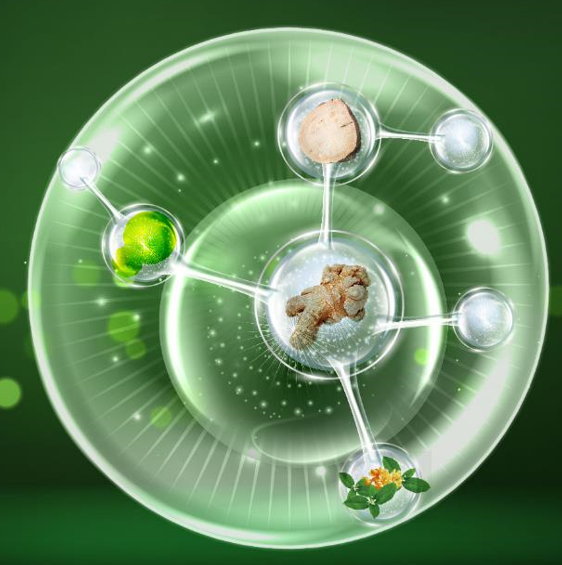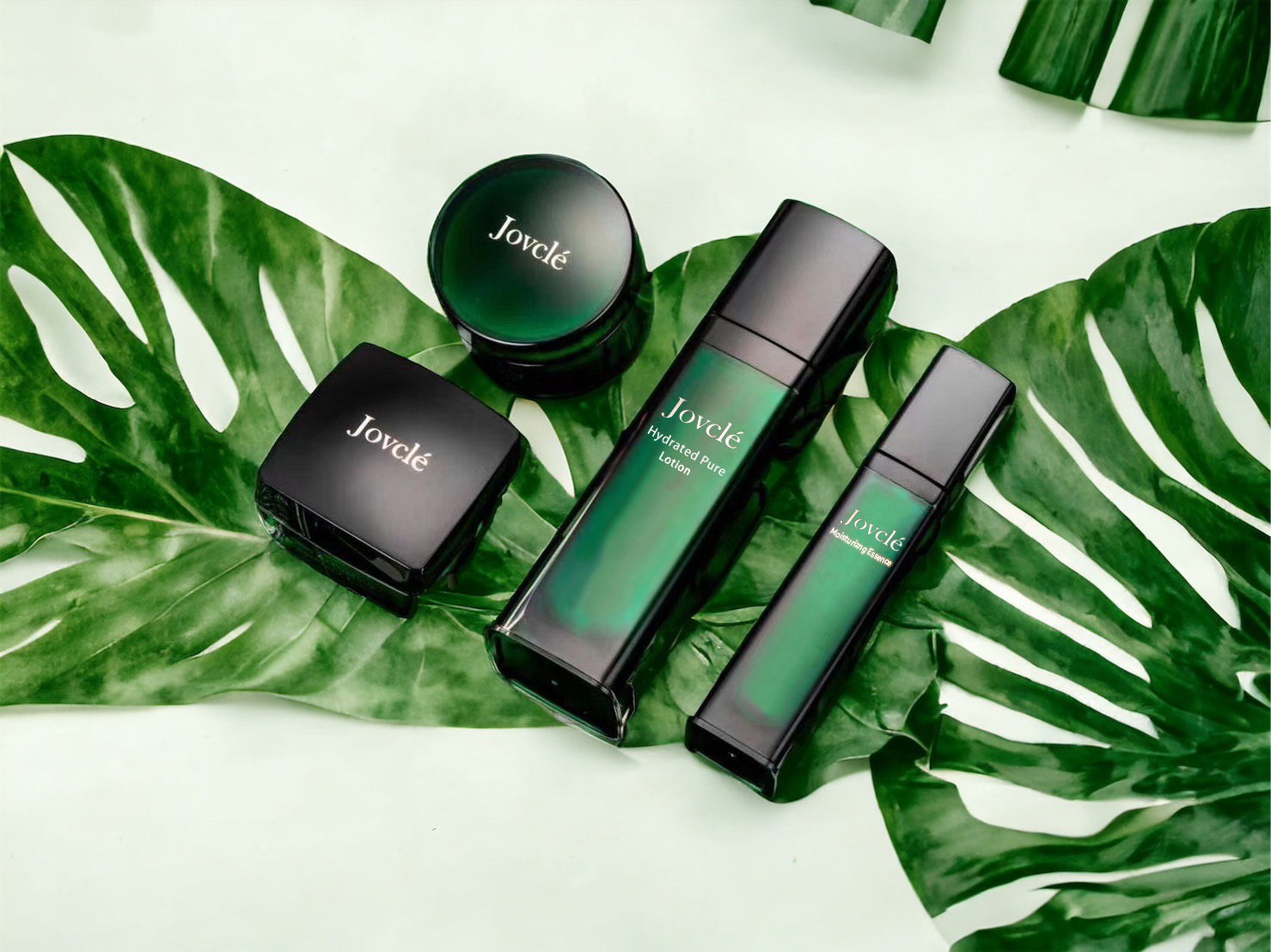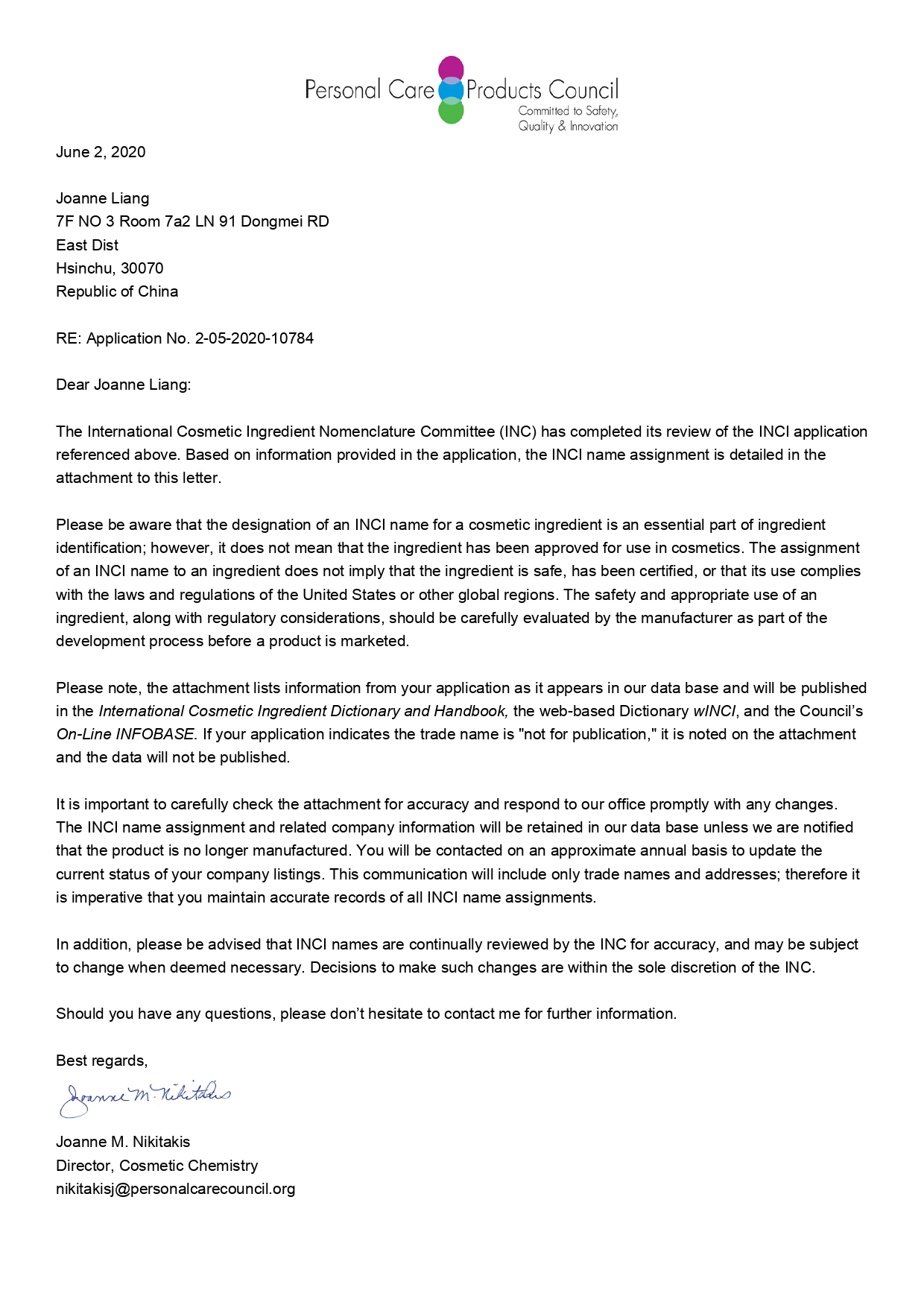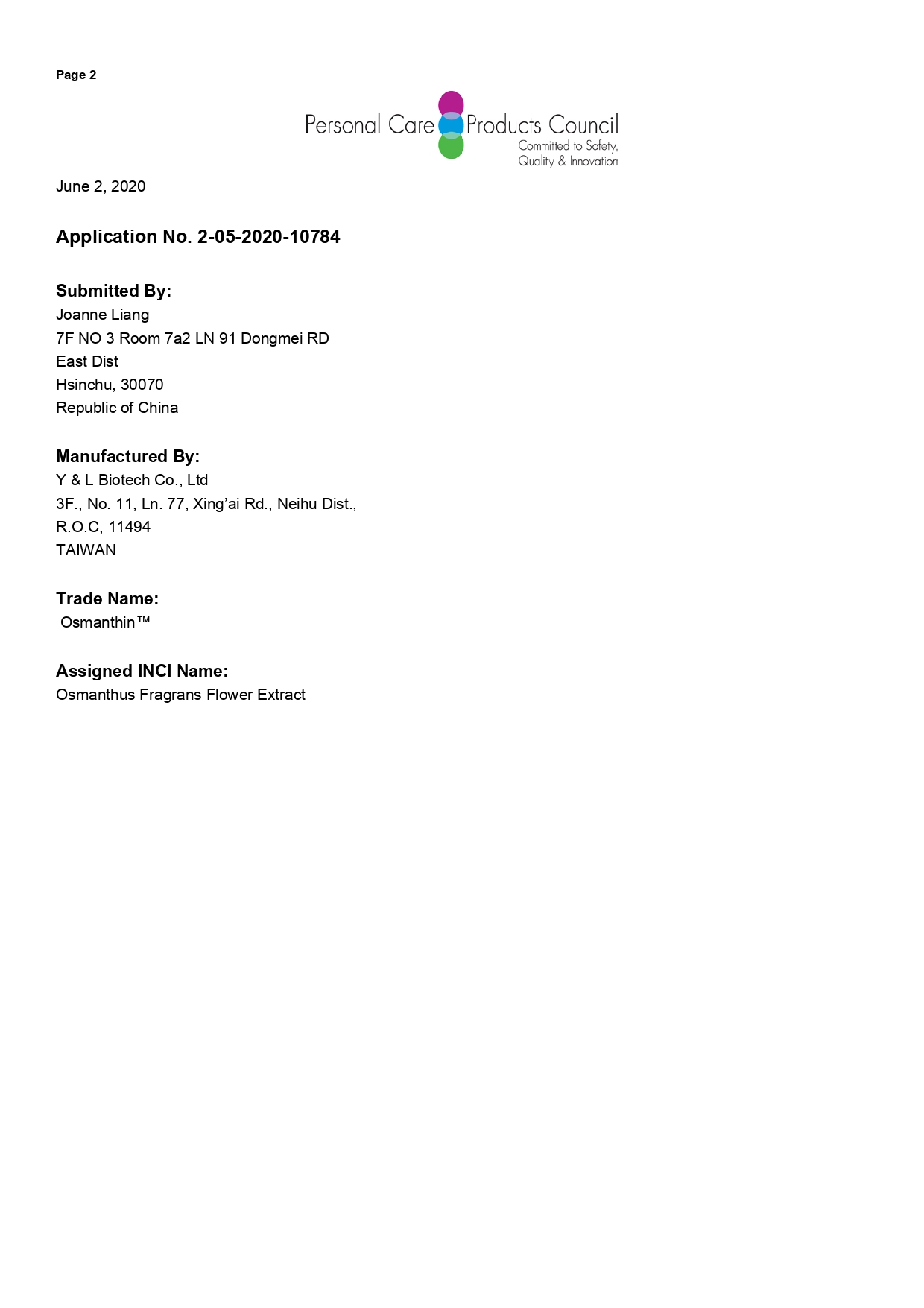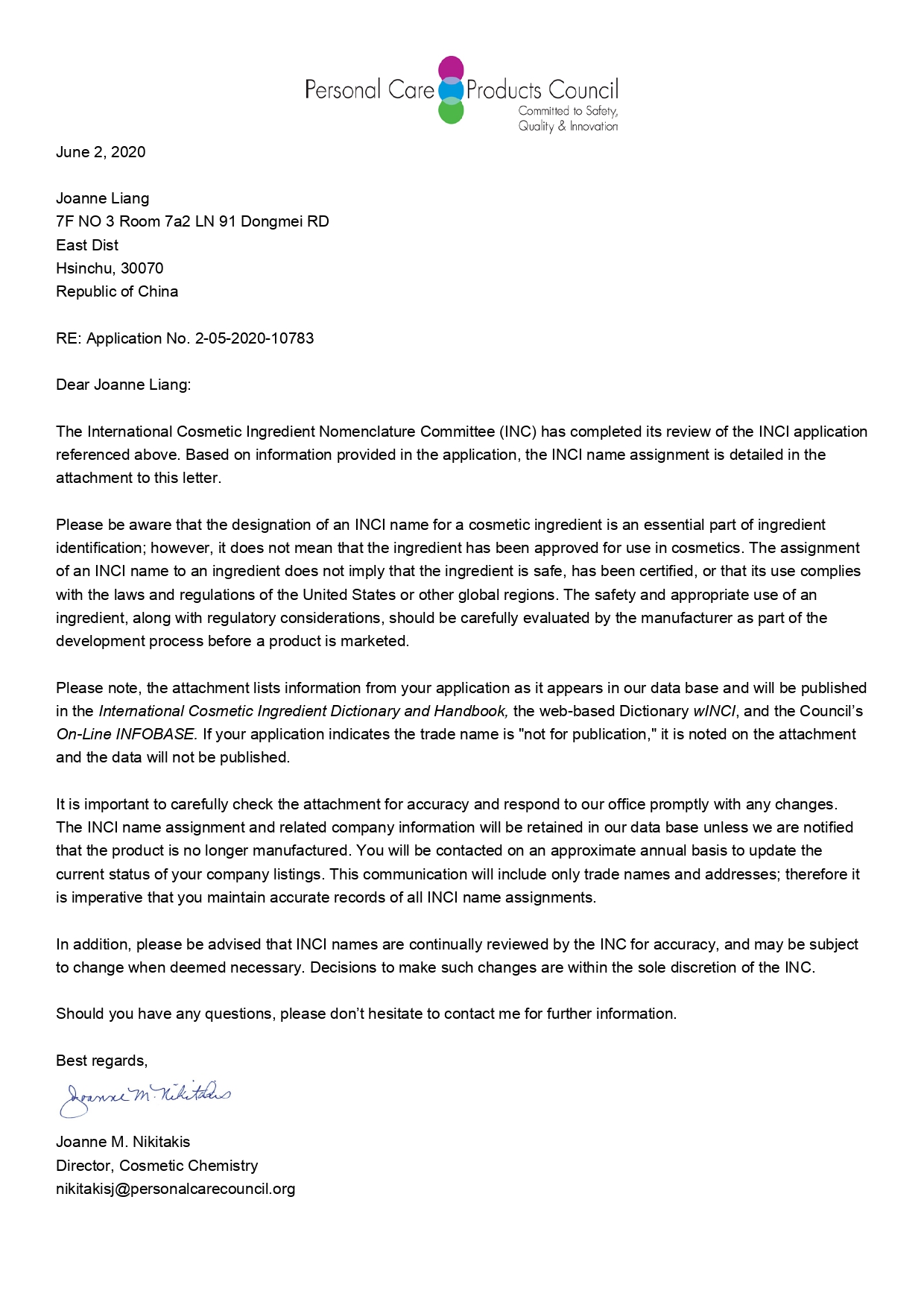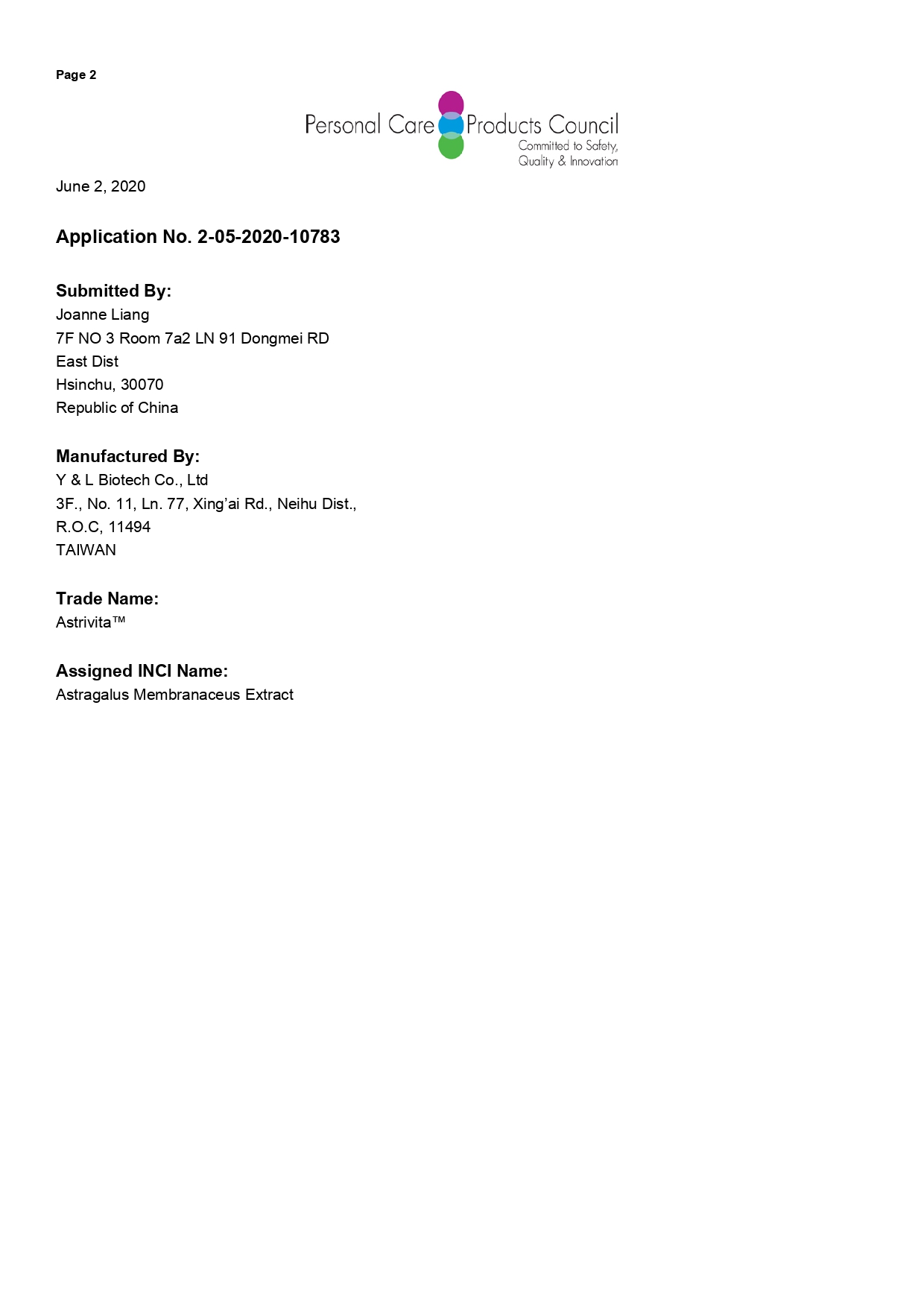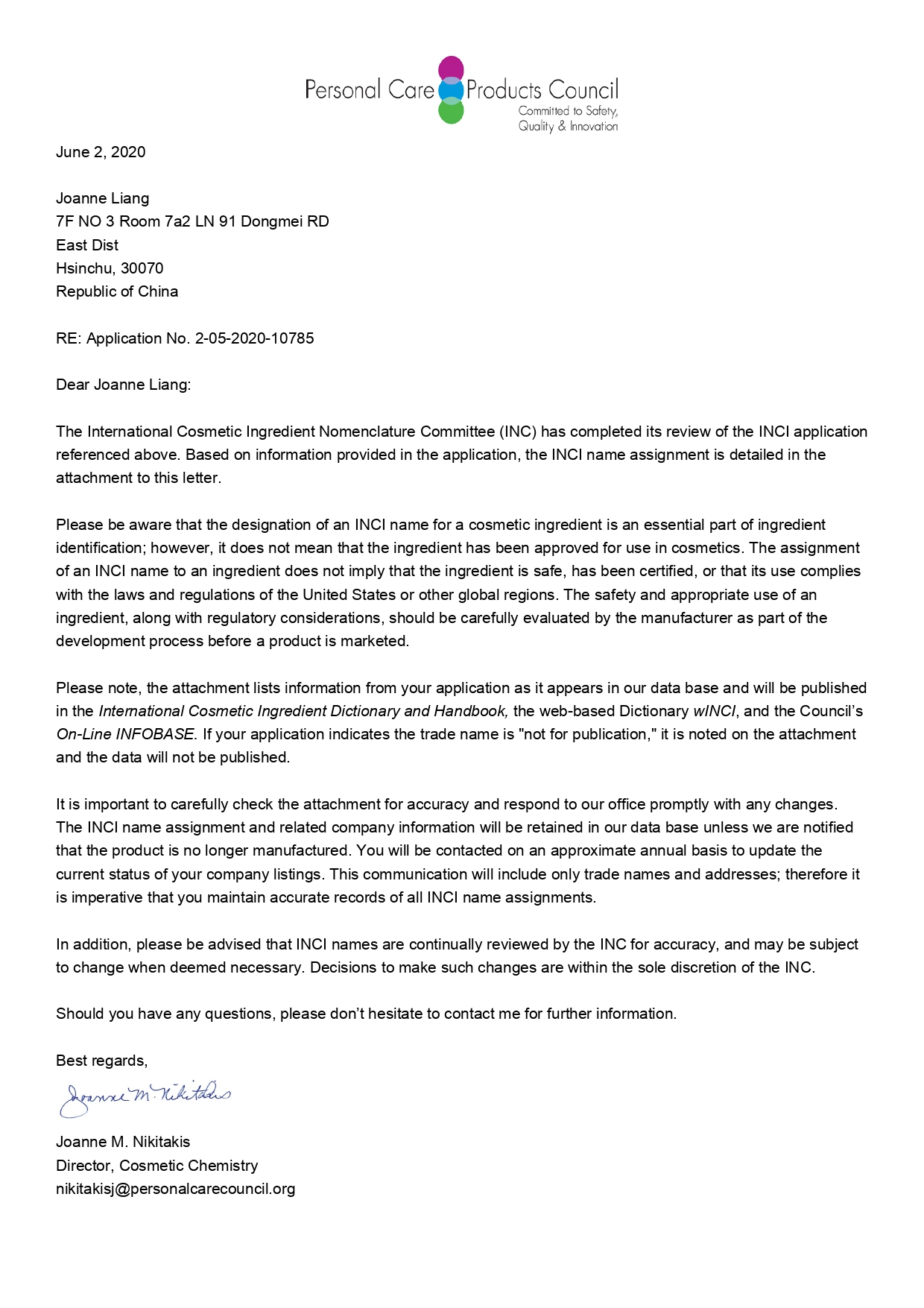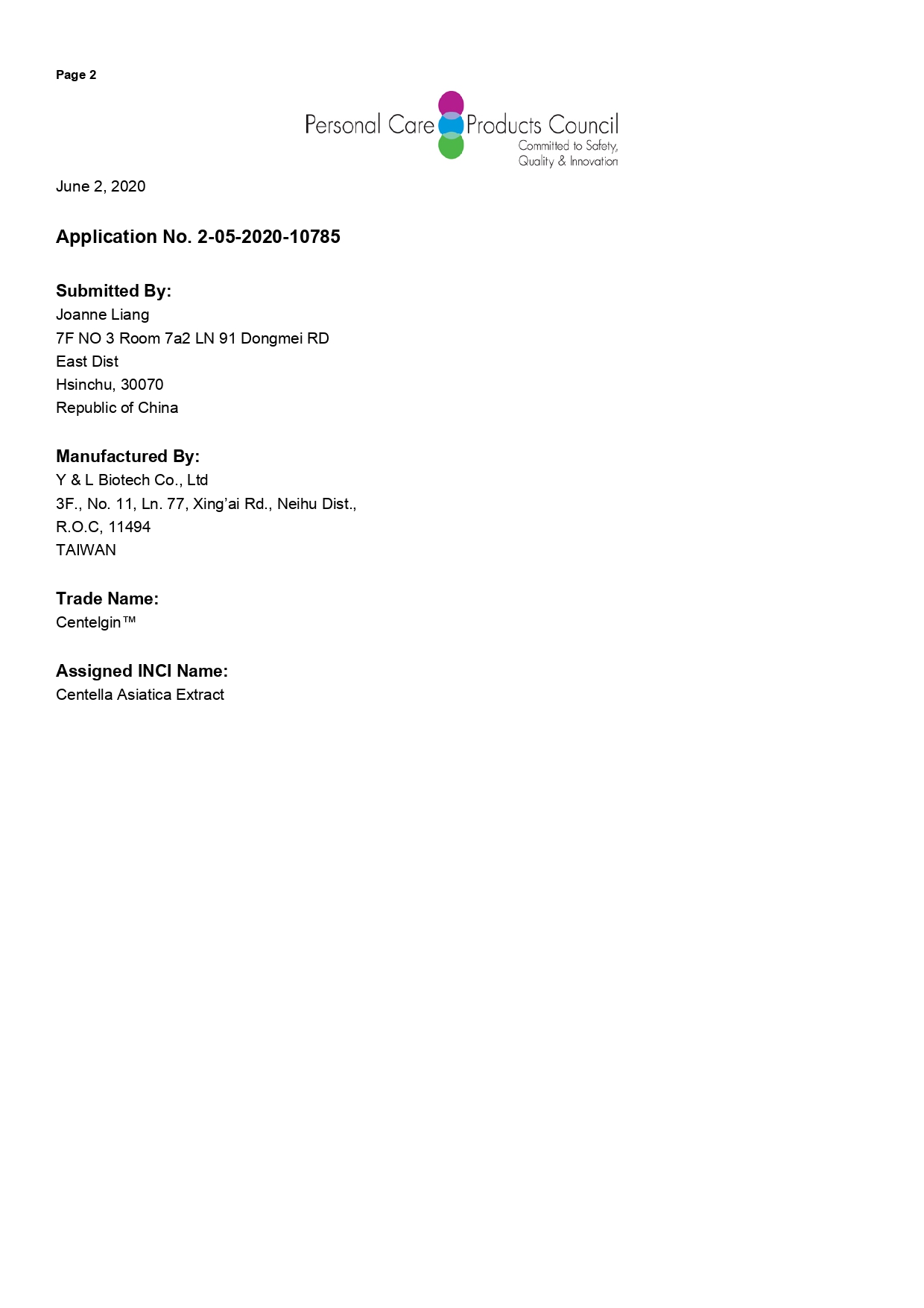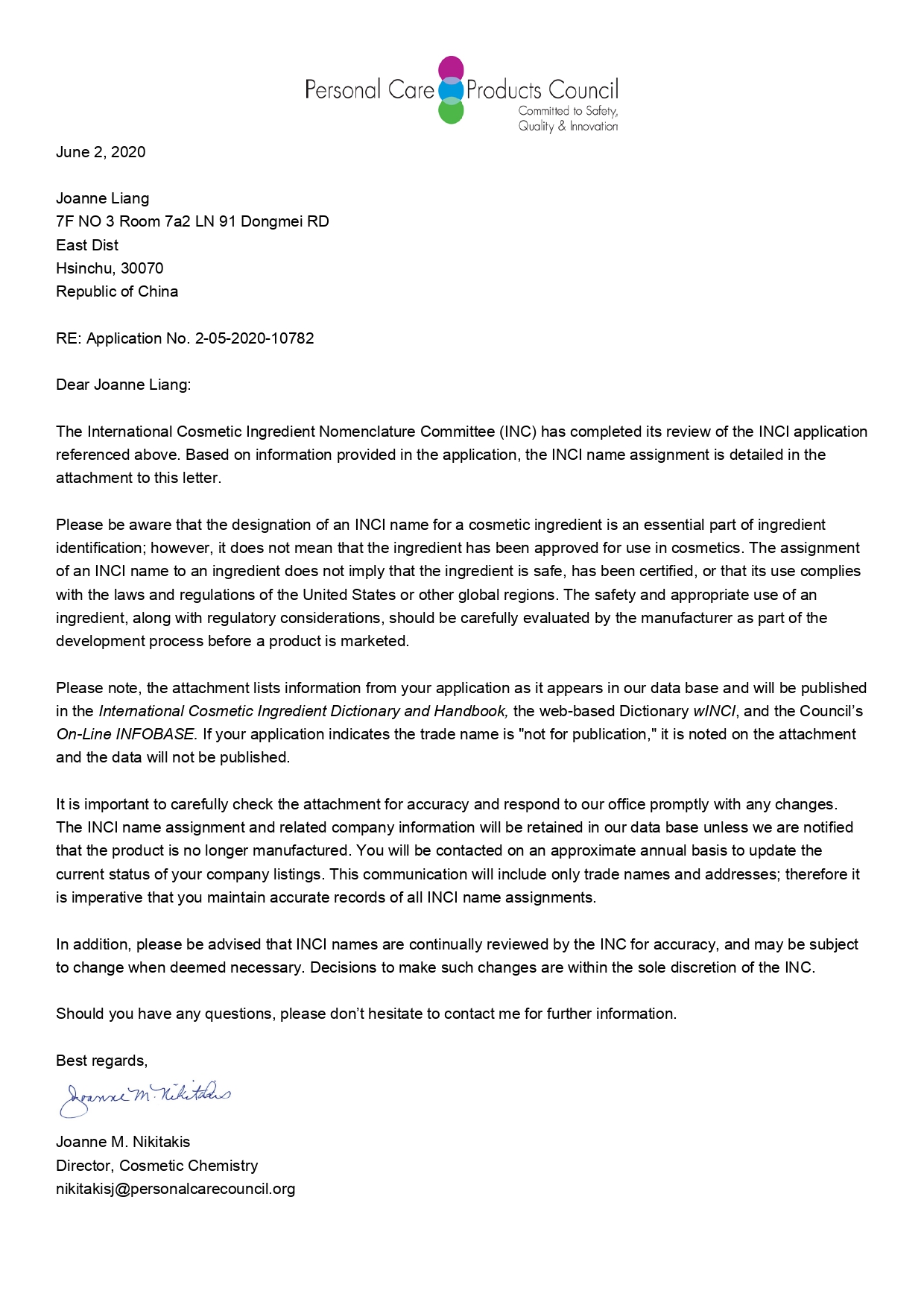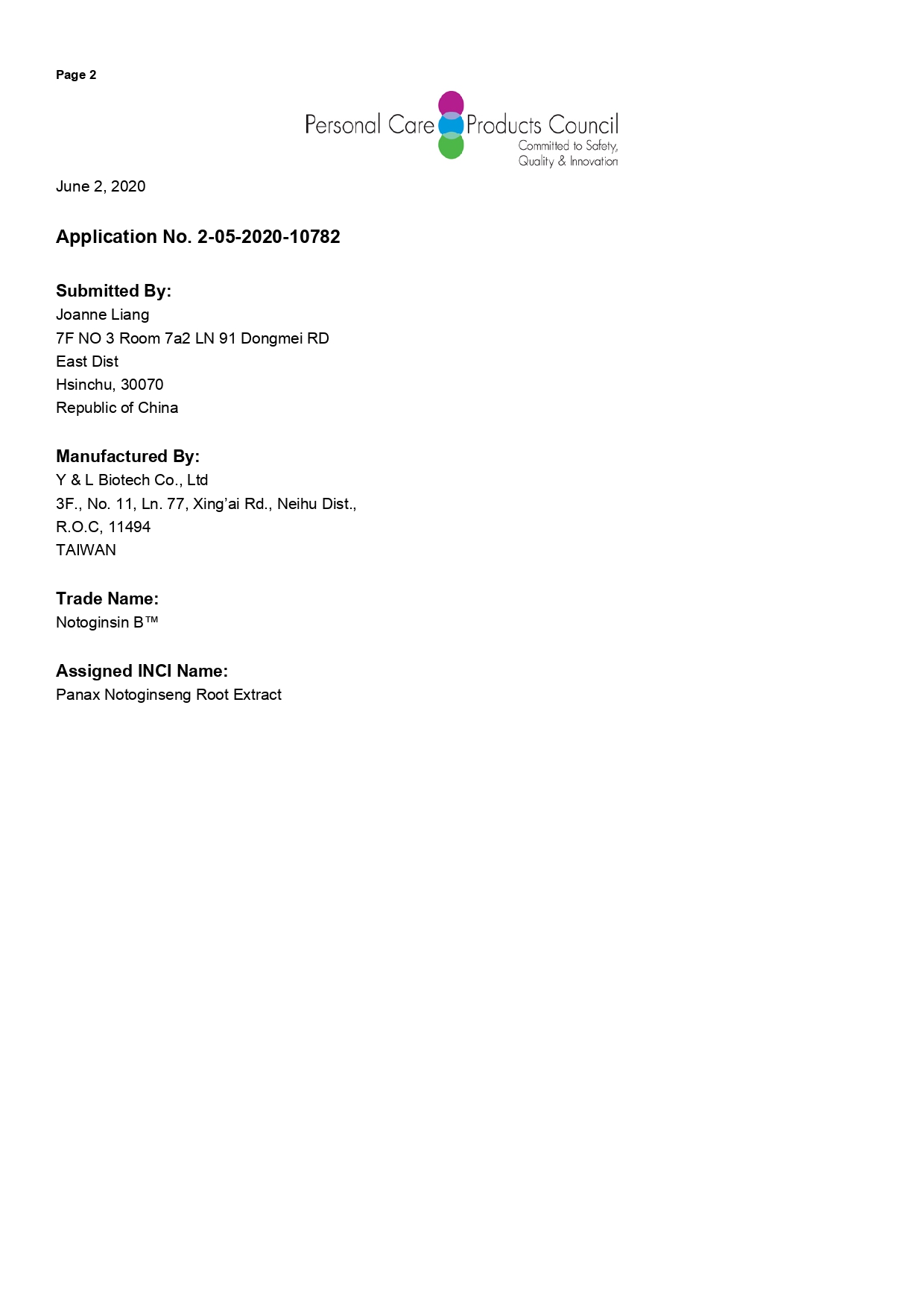INCI (International Nomenclature of Cosmetic Ingredients) is an international standardized system for naming cosmetic ingredients. The primary goal of this system is to provide consumers with consistent and clear information about cosmetic ingredients to ensure product safety. The safety assessment of cosmetic ingredients typically includes the following aspects:
Toxicological Evaluation: This involves toxicological studies on cosmetic ingredients, including acute and chronic toxicity, skin irritation, and eye irritation. These evaluations help determine if the ingredients may have adverse effects on human health.
Allergenicity Evaluation: This assesses whether the ingredients have the potential to cause allergic reactions or skin sensitivity.
Carcinogenicity Evaluation: This evaluates whether the ingredients may have carcinogenic effects on humans, based on animal studies and epidemiological research.
Skin Permeability Evaluation: This assesses the extent to which the ingredients are absorbed through the skin to determine if they might cause toxic reactions or other discomforts.
Ecological Evaluation: This assesses the potential environmental impact of the ingredients, including their effects on water bodies, soil, and wildlife.
Manufacturing Process: This considers whether the manufacturing process of the ingredients might lead to impurities or contaminants and whether the manufacturing procedures meet hygiene and quality control standards.
Desensitization and Irritancy Testing: This evaluates whether the ingredients might cause skin irritation, redness, itching, or other uncomfortable symptoms.
These safety assessments are typically conducted by cosmetic safety assessment experts to ensure the safety of cosmetic ingredients and compliance with regulatory requirements.
